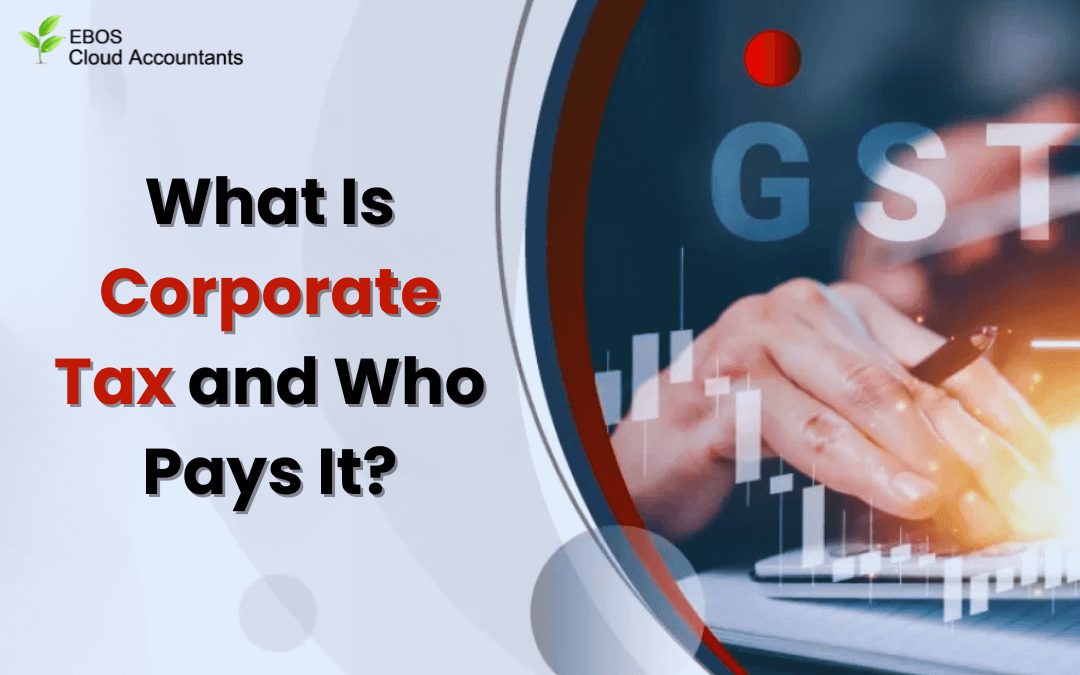Corporate tax is one of the key ways governments generate revenue, and it plays a major role in how businesses operate financially. If you run a business—or plan to—it’s important to understand what corporate tax is, how it works, and who’s responsible for paying it.
What Is Corporate Tax?
Corporate tax is a direct tax imposed on the profits of companies. In simple terms, it’s a percentage of a company’s income that must be paid to the government. The amount a company owes is calculated based on its taxable income—that is, its revenue minus allowable business expenses, deductions, and allowances.
Example:
If a company earns $1 million in profits and the corporate tax rate is 20%, the company would owe $200,000 in taxes.
Who Pays Corporate Tax?
Corporate tax is typically paid by incorporated businesses, also known as corporations. These include:
-
Public limited companies (PLCs)
-
Private limited companies (Ltds)
-
Foreign companies with local branches
-
Certain non-profits and cooperatives, if they have taxable activities
Sole proprietors and partnerships usually don’t pay corporate tax. Instead, they pay personal income tax on their share of the business profits.
How Is Corporate Tax Paid?
The process generally involves:
- Calculating taxable income based on financial statements.
- Filing a corporate tax return with the relevant tax authority (like HMRC in the UK or the IRS in the US).
- Paying the tax—either as a lump sum or in installments, depending on the country.
Most countries have specific filing deadlines and penalties for late payment, so businesses need to stay on top of their obligations.
Why Corporate Tax Matters
Corporate tax helps fund public services such as healthcare, infrastructure, and education. It also plays a role in:
-
Encouraging or discouraging certain business activities through tax incentives or surcharges.
-
Leveling the playing field between large and small businesses.
-
Influencing investment decisions, especially in countries with low or high tax rates.
In Summary
Corporate tax is a vital part of the business world. It’s a tax on a company’s profits, and it applies mainly to incorporated businesses. Understanding how it works can help companies stay compliant, avoid penalties, and plan better financially.
Check out our website at https://ebos-sg.com/ to explore more articles and discover how our Cloud Accountant Services can support you on your business.







